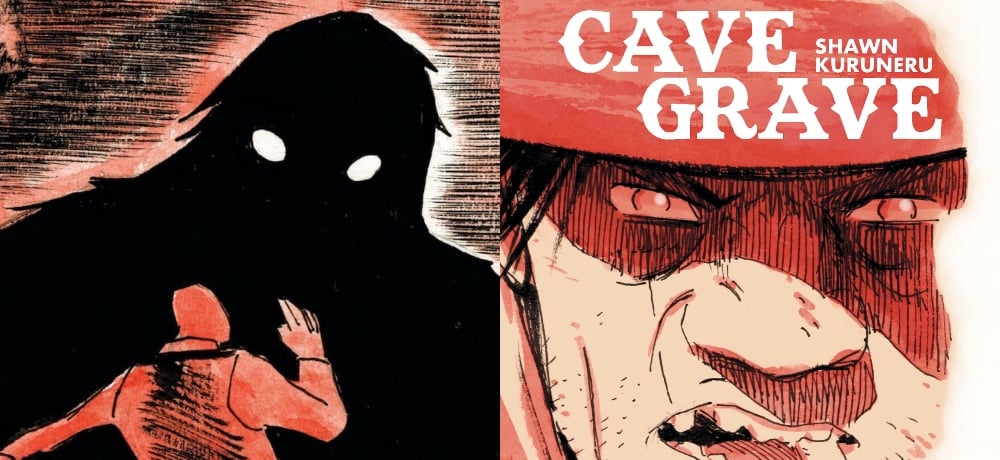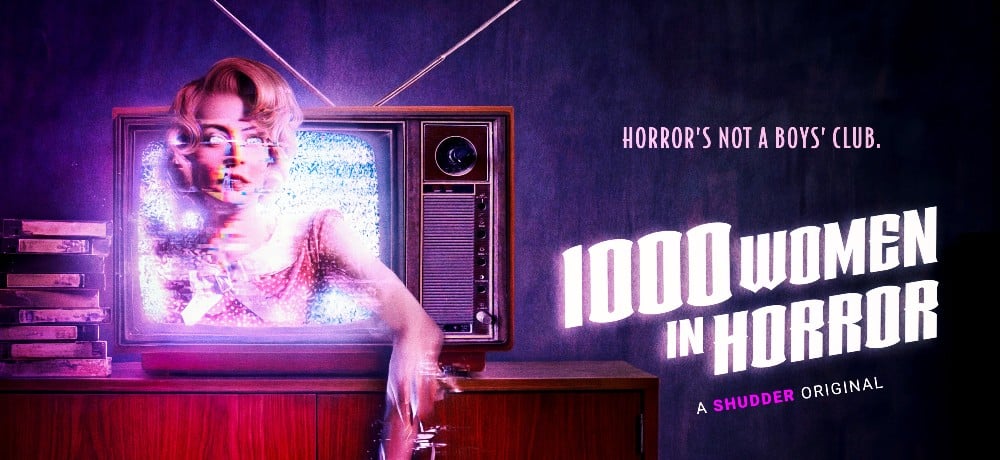





Nearly 15 years after the release of The Devil’s Rejects, writer/director Rob Zombie has resurrected the Firefly clan for the highly anticipated sequel, 3 From Hell, which follows Otis (Bill Moseley), Baby (Sheri Moon Zombie), and Captain Spaulding (Sid Haig) after their bloody standoff with police, as they’re held accountable for their heinous crimes and are sentenced to live out the rest of their days behind bars. Because this is the Firefly family that we’re talking about, they eventually make their escape from prison, but as they make plans for their futures, they're unaware that vengeance is hot on their trail, and there are forces out there who want to make them pay for their murderous misdeeds.
Daily Dead had the pleasure of speaking with Zombie earlier this week about 3 From Hell, and he discussed the pressure he faced on this sequel and how different it was than anything he had faced before in his career. Rob also chatted about reuniting with his regular collaborators, which also includes Richard Brake, Jeff Daniel Phillips, Pancho Moler, and others, as well as the evolution of Baby Firefly, and more.
Tickets for the September 16th, 17th, and 18th nationwide release of 3 From Hell are currently available at FathomEvents.com/3FromHell.
So, I will totally admit that 3 From Hell has probably been the movie I've been the most nervous about this year just because The Devil's Rejects is one of my very favorite movies of the last 15 years. I had a lot of apprehension, but I had a lot of fun with this. I had no idea what to expect and I loved that I was just there for the ride. I think everybody did a fantastic job, so congratulations.
Rob Zombie: Oh, thanks. Yeah, it's a little nerve-racking trying to return to something 15 years later.
I was going to talk to you about that because you are obviously no stranger to the world of pressure, with filmmaking and your music career. Is the pressure different this time for 3 From Hell than it has been before for you and in your career?
Rob Zombie: Well, I guess so, because you know when you're doing a movie like Lords of Salem or 31, nobody has any expectations of what it will be, they just accept it for whatever it is. But, when you're following up something, it's always different because everybody has expectations now. I know people love that movie and I know they have expectations of what it should be. Well, I think it should be this, I think it should be that, there's a different thought process. I don't think about those things in a sense because I don't know what anybody else wants. I just have to do what I think works because that is just the only thing I can do.
But there is a different expectation that comes with the fact that people already know the characters and what has gone on and things like that; it's a little different, but at the same time, it's really fun to return to characters that you've already established and take them to a different place. Especially if, say, you've watched Rejects a bunch of times over and over. Well, what happened next? Where did their lives go? It is exciting to jump onto a project like that.
Was there something in particular why the timing was right to revisit these characters now? Were you just tired of fans being like, “When are we getting more of The Devil's Rejects [laughs]?" Or was it more like, “Hey, let’s get the band back together one more time and go and have some fun?”
Rob Zombie: Well, I had always been thinking about it, because I always loved the characters. But, then I felt like, “Okay, that movie is done.” But the characters never go away with most genre-related things; they just get more and more popular as time goes on. You see more people dressed up as the characters for Halloween, you see more tattoos, and you see more t-shirts. It was almost that fact that they don't go away was the genesis for the basic idea of the characters becoming famous within the movie.
Because in House of 1000 Corpses, they are just nobodies. In Rejects, they get a little fame, because of what they did. But, now they are celebrities within their own crime world and I thought that was interesting. That kicked it off, but it was not until about three years ago that I really thought, “Hmm, I think I'm going to do this.” That's when I went in and had a meeting with Lionsgate, and pitched them the idea. Not the idea for the story, but just the idea of doing it. They were interested, but they were not completely sure, so we went back and forth and back and forth for a while until we got the green light and moved ahead. Then, from the idea of first going to Lionsgate to it being finished was about three years.
Well, I am glad you guys persevered. Something that I really appreciated about 3 From Hell is that it is almost contemplative in nature, especially in the scene where Baby and Otis are talking about what they should do next and what exactly they were doing with their lives. I thought that was really interesting to dive into because these aren't really characters that we've seen have philosophical discussions about their lives. Was that something interesting for you to dig into?
Rob Zombie: Well, that is what I like about making another movie with them, too. The characters already exist, so you can do other things with them. You couldn't do that in the first movie, or even necessarily the second movie because you're not really there with them. In the first movie, they're just these weird cartoon characters in a horror movie. Then, in Devil's Rejects, they become more grounded, and we get a different sense of the dynamic. But by now, the whole thing blurs sometimes because I came up with these characters like 20 years ago, and then we made the movie almost 20 years ago now.
We've stayed friends with all the actors that were in the movies through those years and a lot of those actors have passed away, too. So, when they're talking about what should they do now and everybody is gone, in some weird respect, it's true for the movie characters, and it's also true in real life with a lot of the actors that were in these movies. I just like trying to bring some of the reality of the time frame, the 20 years behind all this into the movie. That's why I made them older, and I didn't try to make this a film that picks up the next day. It is 12 years later, just like it is in real life, so I wanted to make them older and make them different.
Following that idea up, one character that is drastically different in 3 From Hell is Baby, and I think her character’s arc in this is very interesting. I loved the knife-throwing scene, where she's taking on the machismo of society in her own way. But I also really loved the scenes with her and Pancho [Moler]. They give this story a lot of heart, which was an unexpected, but very welcome and enjoyable surprise.
Rob Zombie: When Sheri and I would talk about the character, we decided that because Baby had been off on her own at the women's prison, she spends most of her time in solitary because she is the world's worst prisoner and she's gone crazy. She's gone crazy almost as this thing to just protect herself, because she is in a horrible situation. When she gets out, she's almost a stranger to Otis. As much as they are bonded, he's looking at her like, “I don't even know where this chick is at anymore man, holy crap.”
I thought that was a really good place to go because whatever is happening in the movie, she's on another level of weirdness. There is this whole thing going down, everybody’s grabbing guns, but she goes for a bow and arrow, which is like completely mental. But, at the same time, like you said, there are the scenes with Pancho, and I really love those, too, especially when she's just casually talking to him, saying, “You remind me of Tiny.” She's sitting there rolling a joint, and it became such a sweet scene. If you didn't know what that movie was and I just showed you that scene you'd go, “Wow, what is this? Is this some like nice movie [laughs]?” Because she is so good at just suddenly becoming so sweet even though you know she's so treacherous. I was really worried about that scene because I thought it could be really, really corny if it's not done right.
To me, those types of scenes are risky because if they don't pull it off right, audiences will feel like it’s a really cornball moment. But, I thought Sheri played it with the perfect sense of sweet aloofness. She can adapt to any situation, too. You see it when she comes out of her prison cell and she's a total badass. But the second she walks into the parole hearing, she's all crouched down like she's so innocent. She just plays to whatever audience she needs to manipulate. But the way Pancho is looking at her, it’s like he's in love. I needed that moment where he was like, “I'll do anything for this woman. She's the first person that's ever been nice to me my whole life.” The connection had to be intense enough that you'd believe that this guy would sacrifice his life for her. But if that scene with them talking before didn't work, the whole ending of the movie would be suspect. But they both played it beautifully, and once we got it, I knew it was something special.